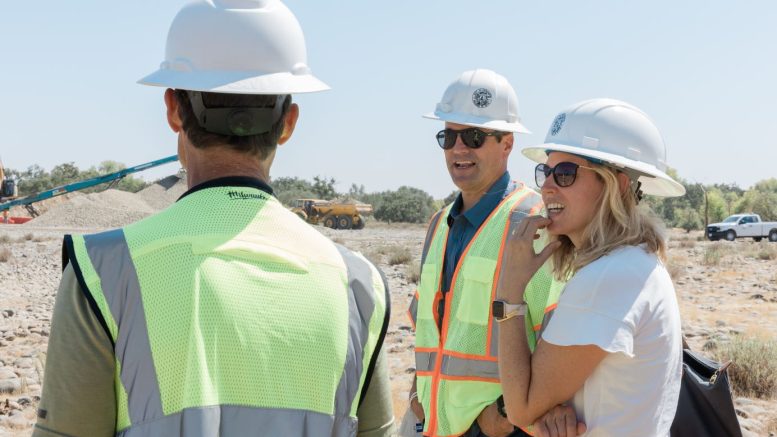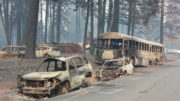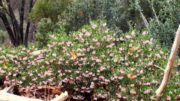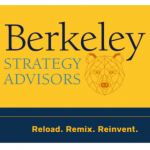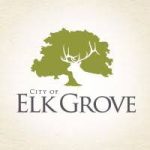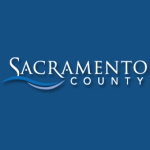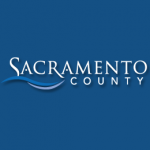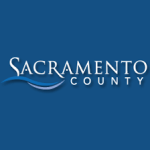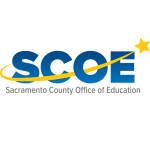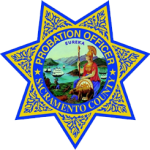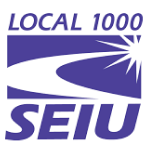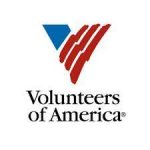Come drought or deluge, how can we develop a lasting water agreement for the greater Sacramento area?
That’s the challenging task before the Water Forum, a unique consortium of business and agricultural leaders, citizen groups, environmentalists, water managers and local governments, including the City of Roseville.
With eyes particularly on Folsom Lake and the Lower American River, as well as weather, Water Forum members work on water issues both near- and long-term. Recent winter storms, following years of drought, added extra complexity to that job.
“We’ve had weather whiplash,” says Jessica Law, Water Forum executive director. “It was super-super dry, then so much rain! We’re just one team of experts watching weather like this.”
Then, these experts, in partnership with the organizations they represent, advise federal and state water mangers on conditions in the Lower American River and ways to protect local water supplies and the environment—not just this year, but for decades to come.
Conceived 30 years ago by the County and City of Sacramento, the Water Forum and its members develop and implement environmental and water-management solutions while balancing the needs and concerns of growing communities.. Their goal: Protect the Lower American River and its vital habitat while also providing a reliable and safe water supply for a fast-growing region.
“Balancing water supply needs between communities, the economy and the environment strengthens our region in the end,” says Sean Bigley, assistant director of Environmental Utilities. “We realize the power of the Water Forum agreement because it showcases how a diverse group of leaders can collaborate to ensure a bright water supply future and to preserve our region’s crown jewel, the lower American River.”
Eventually including 40 different agencies, the Water Forum took seven years to draw up its first regional agreement—a 30-year plan approved in 2000.

“It’s a unique organization; I haven’t seen anything like the Water Forum,” says Law, who has extensive experience in land use policy, transportation and Delta issues. “The Water Forum includes business, environmental, civic and water industry groups working together to resolve issues.
“The City of Roseville is a very important partner,” she notes. “We also work closely with the Regional Water Authority,” which includes nearly two dozen water providers (including the City of Roseville) serving 2 million people in the greater Sacramento region.
Water Forum members often meet weekly to discuss a range of topics, but mostly revolve around analyzing how management decision could impact the river. “We are very focused on flows, operations and fish,” Law says. “For example, how does water flowing from Folsom Lake into the lower American River affect fish—salmon and steelhead—if they’re spawning? How do flows impact recreation and aesthetics?”
Fish and people both need a certain amount of water flowing down the American River. Too much can create issues as can too little.
“In California, we have a really complex system,” explains Law. “We closely watch Folsom Lake, which is actually small compared to other reservoirs in the state and federal system; it fills up quickly and also gets low fast.”
Folsom Lake not only serves local flood protection, water supply and environmental needs; the reservoir plays an important role in the statewide water system.
Law compares Folsom Lake to a bathtub; at this time of year it needs to be managed carefully to ensure there is space for melting snow and runoff in the spring. “There’s a line to reach, and like a bathtub overflow, you don’t want to fill over that line.”
Folsom Reservoir is operated by the U.S. Bureau of Reclamation, one of Water Forum’s critical partners in the region.
The Water Forum posts real-time data for storage in Folsom Lake and flows in the Lower American River. As of Feb. 9, Folsom Lake is at 55% of capacity, but that’s 110% of historic average for that date.
“One of the challenges is making sure the information is available and understandable,” Law says. “We’re very focused right now on communication around climate change and how climate change will impact our region going forward. That understanding impacts how and where future water projects are built and managed.”
Water planners used to be able to count on some seasonal basics, such as the Sierra would get a lot of snow. That snowpack acted like a winter water bank, holding its moisture until the spring snowmelt.
Weather patterns are changing with warmer winter storms, notes Law. “The amount of precipitation is expected to be about the same, but instead of (Sierra) snow, it will be rain. The timing will shift as well. The runoff will be earlier.”
“The Water Forum includes business, environmental, civic and water industry groups working together to resolve issues.”
Jessica Law
Executive director, Water Forum
Where does California put that water for later use? Replenishing groundwater is a start. That’s another current focus of Water Forum members, as well as ways to update water storage and management.
“Our system was built in the 1920s to ’60s,” explains Law. “Our water system was envisioned a century ago.”
And things are not the same.
“People who have lived here a long time, they’ve seen how things have changed,” she says. “They have an anecdotal understanding that things are different.”
While tackling current water issues, the Water Forum and its members have started work on its next 30-year agreement with a similar objective—balancing the region’s water supply with preservation of the Lower American River—under the added threat of climate change and need for regional resiliency. The new agreement would go into effect in 2030, or sooner.
“Some members who participated in the first agreement are working on it again,” Law says. “It’s really helpful for to have that continuity and continued commitment.”
Drought issues are and will be a constant concern. “How do we make sure we have sustainable groundwater?” Law says. “We expect extended, sustained droughts; we know for sure they’ll be in our future. Not just for two or three years, but four, five, six years or more. How do we make sure our system is resilient?”
Amid changing climate conditions, the Water Forum’s goal remains the same: A safe, dependable water supply and a river for nature and people.
For more information about the Water Forum, visit www.waterforum.org. For more information on the City of Roseville, see https://www.roseville.ca.us/.

